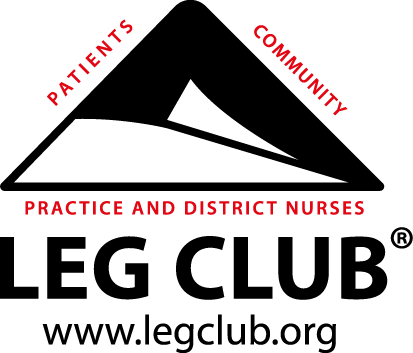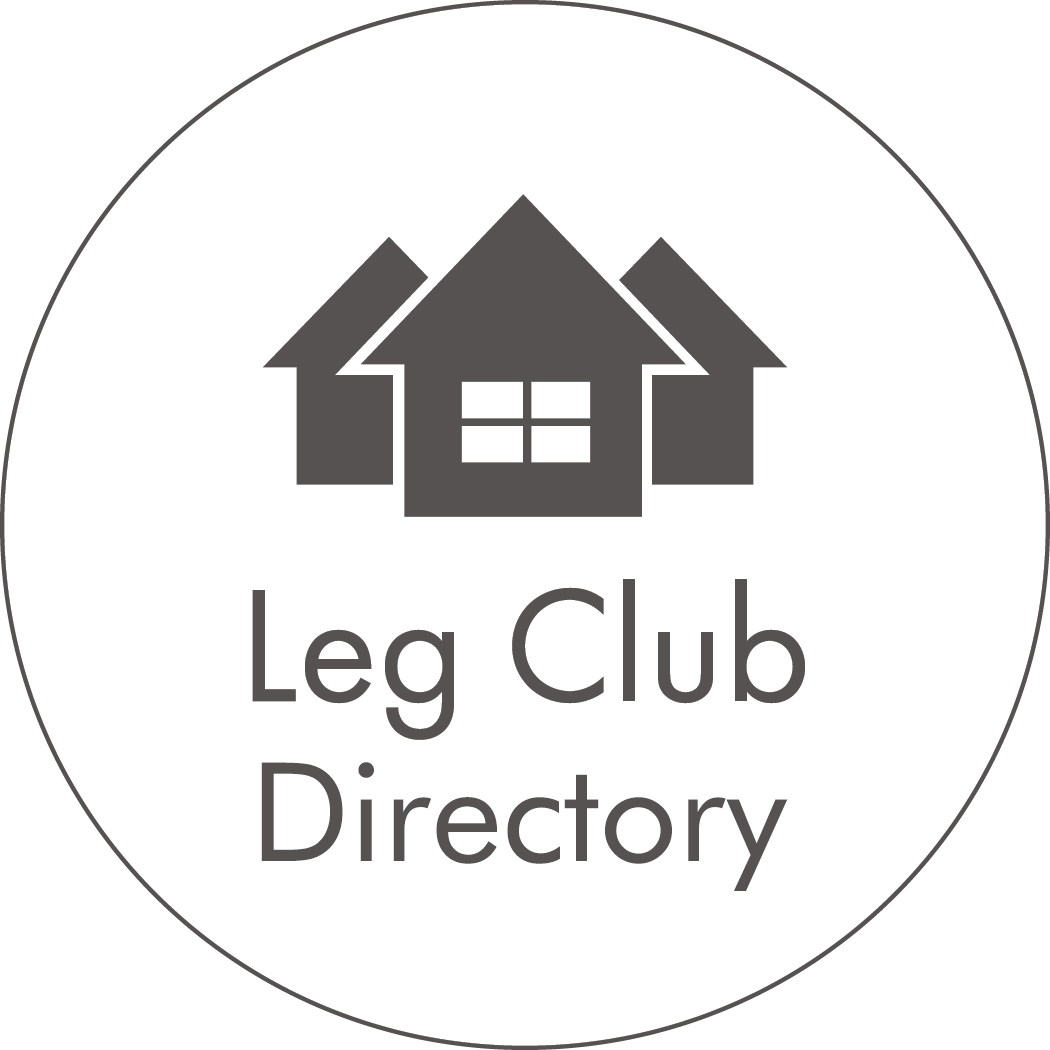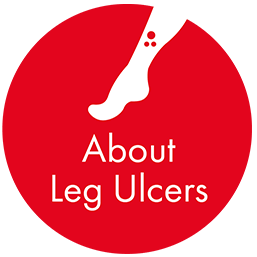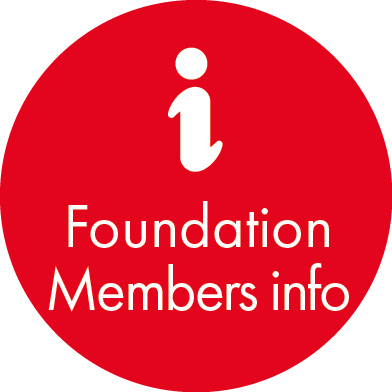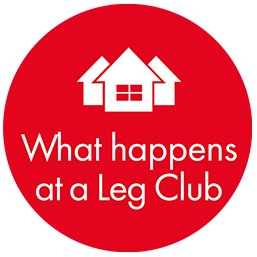The Lindsay Leg Club Foundation (the Foundation) was established in December 2004 with the main objective of facilitating and managing the co-ordinated growth of the network of the Leg Clubs and to provide the Clubs with any information and support that they may require. The Foundation achieved charitable status in September 2005.
Information
Connect with us
Tel: 07855 616354
The Lindsay Leg Club® Foundation
PO Box 243 Port Talbot SA13 9FP
